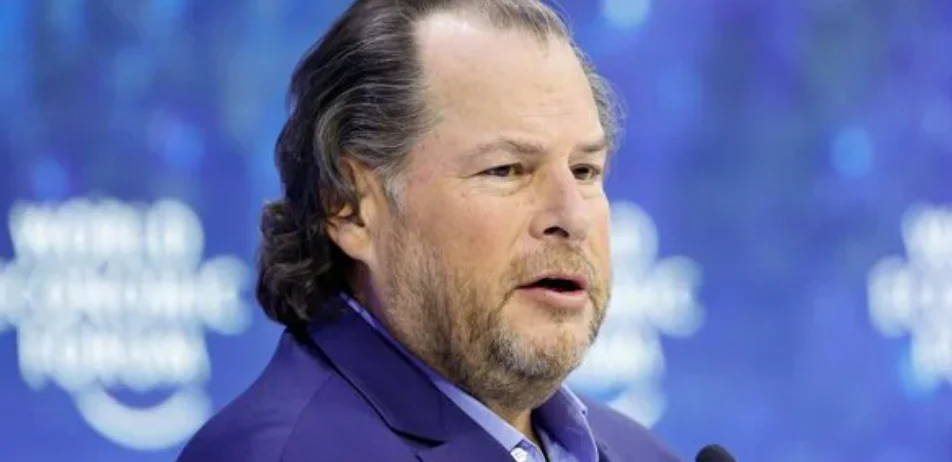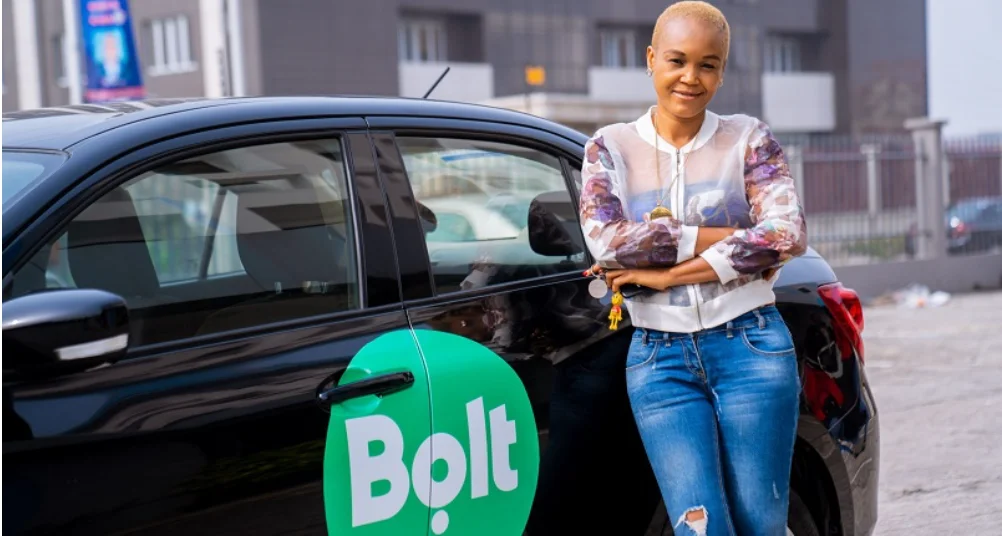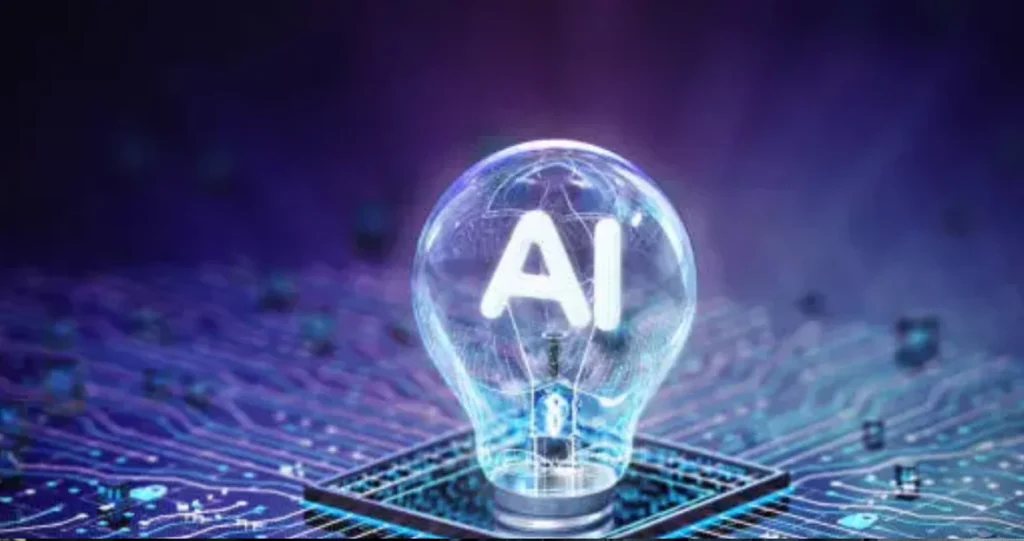AI Handles Half of Salesforce’s Workload, CEO Marc Benioff Confirms
Salesforce CEO Marc Benioff has made a bold revelation: Artificial Intelligence (AI) is now responsible for 30% to 50% of the work done at the global cloud software company. Speaking in a recent interview covered by Bloomberg, Benioff detailed how AI is deeply integrated across departments, from software engineering to customer service, dramatically transforming the company’s workforce structure.
This shift has allowed Salesforce to scale operations efficiently while reducing reliance on human hires—a move that aligns with the company’s broader post-layoff restructuring strategy.
AI Integration Follows Workforce Downsizing at Salesforce
Benioff’s disclosure comes less than a year after Salesforce laid off 300 employees in July 2023, citing the need to “optimise its structure and drive growth.” Now, AI is filling the gap by performing a substantial portion of the workload, enabling the company to innovate and deliver at scale.
“All of us have to get our heads around this idea that AI can do things we were doing before. We can move on to do higher-value work,”
— Marc Benioff, Salesforce CEO
AI Is Reshaping the Tech Workforce
Benioff’s statement reflects a broader industry trend. Microsoft and Alphabet (Google) have also acknowledged that AI generates 30% or more of new code on some projects. As AI capabilities grow, so do corporate efforts to streamline teams and reduce traditional hiring, especially in automatable roles.
Salesforce has invested in internal AI systems capable of delivering automated customer support with up to 93% accuracy, serving major clients like Walt Disney Co. The company is now doubling down on generative and predictive AI integration within its platform.
Tech CEOs Warn of Fewer Corporate Jobs Due to AI
Benioff’s announcement closely follows a memo from Amazon CEO Andy Jassy, who told employees that widespread AI adoption would eventually shrink Amazon’s corporate workforce. Jassy emphasised that AI would lead to efficiency gains, meaning fewer roles in traditional functions but growth in new, AI-related positions.
“We will need fewer people doing some of the jobs that are being done today,”
— Andy Jassy, Amazon CEO
What the Global Data Says: ILO Report Highlights AI’s Impact on Jobs
A recent study released in May 2025 by the International Labour Organisation (ILO) and Poland’s NASK found that 25% of global jobs are exposed to generative AI (GenAI). The report, titled “Generative AI and Jobs: A Refined Global Index of Occupational Exposure”, reveals:
- Clerical and highly digital roles are most vulnerable.
- 34% of jobs in high-income countries are at high risk due to greater digital integration.
- AI is most likely to impact white-collar and knowledge-based jobs in the future.
AI Is Changing Work as We Know It
As Salesforce, Amazon, and other tech giants adopt AI for core operations, the global workforce is facing a major transformation. The emphasis is now on reskilling, higher-value tasks, and adapting to an AI-driven economy.
For professionals in tech and beyond, understanding how AI is reshaping job roles, hiring practices, and career paths is no longer optional—it’s essential.












